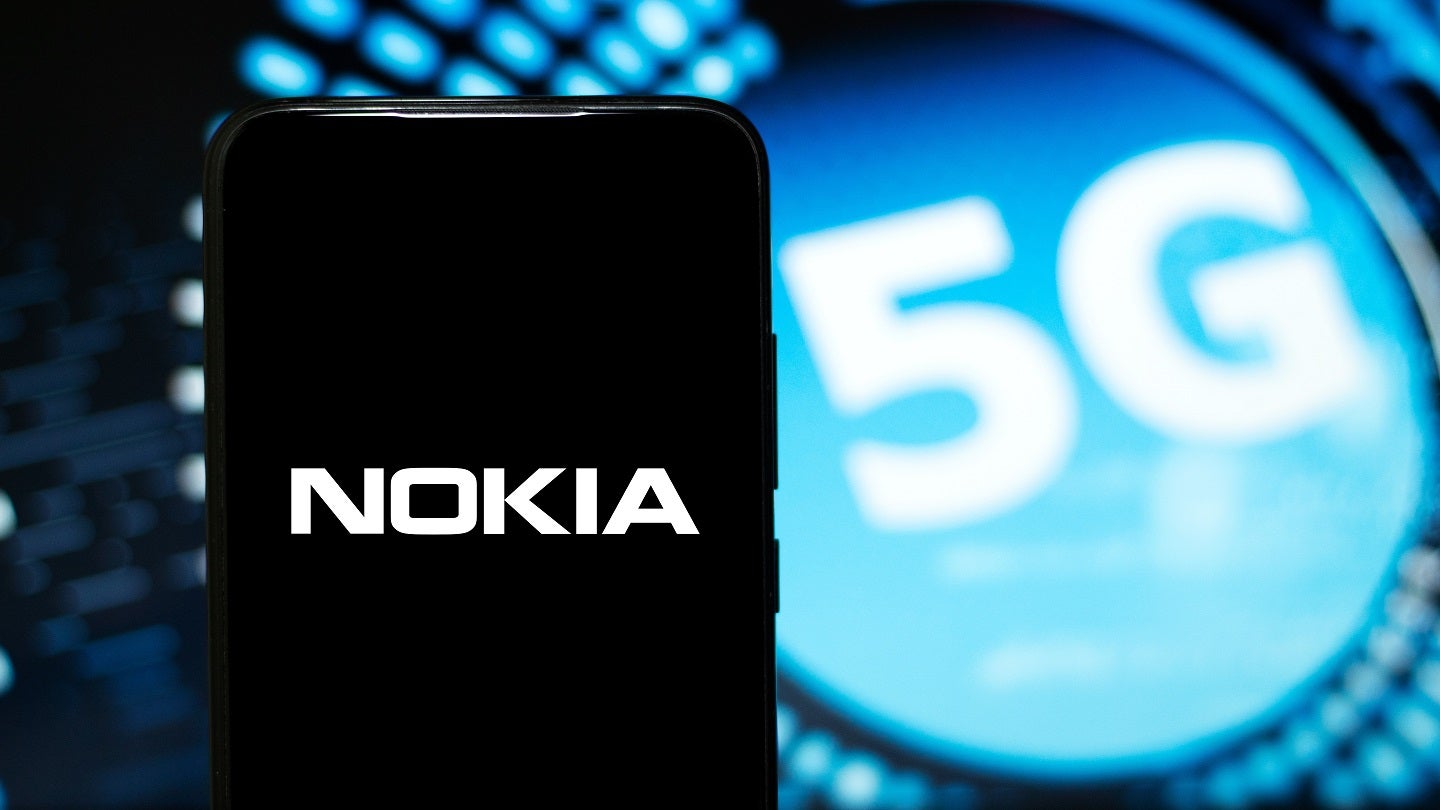
Nokia has announced an investment of €360m ($392.4m) to enhance its software, hardware, and chip design capabilities at its sites in Ulm and Nuremberg, Germany.
The investment is part of a four-year IPCEI initiative.
The IPCEI initiative is co-funded by Nokia, the German Federal Ministry of Economics and Climate Protection, and the German states of Baden-Württemberg and Bavaria.
Nokia’s funding will support the development of integrated hardware and software systems for future mobile communications, including 5G-Advanced and 6G standards.
The project will focus on creating high-performance systems-on-chips using a digital twin approach.
These microelectronics are expected to be integral to radio and optical products that will power the next generation of mobile communications.
How well do you really know your competitors?
Access the most comprehensive Company Profiles on the market, powered by GlobalData. Save hours of research. Gain competitive edge.

Thank you!
Your download email will arrive shortly
Not ready to buy yet? Download a free sample
We are confident about the unique quality of our Company Profiles. However, we want you to make the most beneficial decision for your business, so we offer a free sample that you can download by submitting the below form
By GlobalDataAdditionally, the project aligns with the European Green Deal by prioritising the energy efficiency of these systems.
Nokia is collaborating with research institutes and universities to achieve its energy efficiency targets.
These advancements are also expected to support complex applications within the metaverse and further digitalisation efforts.
Nokia president of mobile networks Tommi Uitto said: “This important funding will support our efforts to advance the telecommunications industry in Germany and in Europe, helping to drive innovation and strengthen competitiveness.
“In particular, it will help our research into microelectronics that will power future technologies such as 6G, artificial intelligence and the metaverse as well as develop networks that are more energy-efficient and powerful.
“Germany is an important market for Nokia, and we look forward to working with the government to produce cutting-edge technology that is ‘Made in Germany’.”
In July 2023, Nokia signed a patent licence agreement with Apple.
Nokia’s extensive patent portfolio includes nearly 20,000 patent families, with over 5,500 identified as essential for 5G technology.



